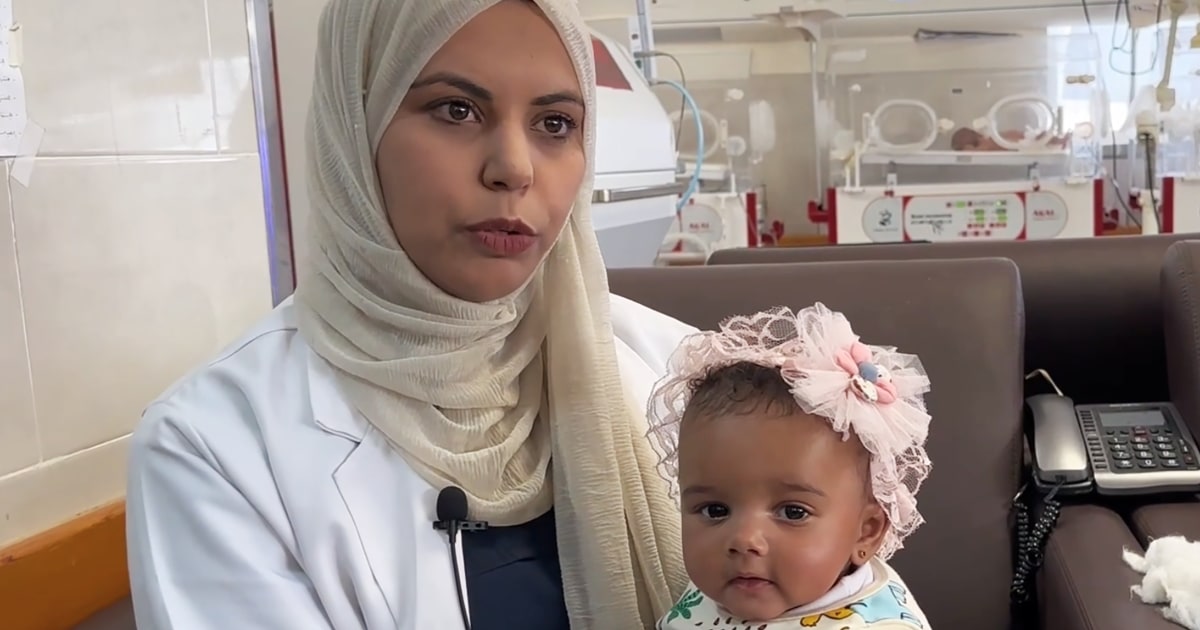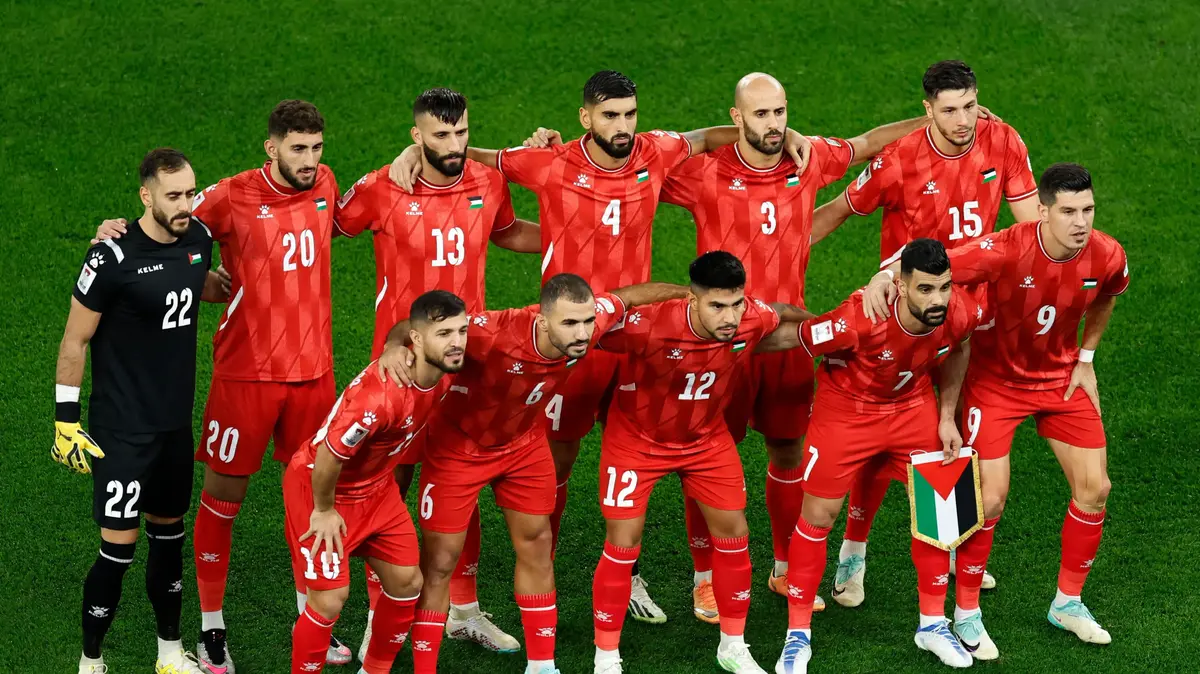Malak Altaeb recalls that the first time he felt water shortages in his city, Tripoli, Libya, was at the age of 16. "At first we were out of stock for hours, but then it extended for several days," he says. This researcher is only 29 years old, but she has spent half her life working making visible the impact of climate change in her country and also in the Middle East and North Africa (MENA) region. The most recent UNICEF report places this territory as the one with the highest water stress worldwide, because 14 of the 17 countries with critical levels of water scarcity are in this region. "Water can give life, but if it is lacking, it also brings death. It can shake agriculture, food security, health... it's a big snowball," laments the environmental policy specialist and member of the World Parliament of Youth for Water.
Altaeb is clear: "The water crisis is not only one of scarcity, but of political governance and mismanagement." That's why, in 2011, when he was just starting high school, he decided to join the Arab youth movement for the climate. And after Libya that, hit by the ravages of global warming, drought and the growing demand for the so-called "blue gold", is currently positioned as the fourth poorest country in water in the world, according to UNICEF. It is preceded by Kuwait, the United Arab Emirates and Saudi Arabia.
The expert talks about the challenges young people face in providing solutions to the climate and water crisis. According to Altaeb, unemployment, internal migrations or the lack of budget for green projects are just some of the problems they encounter. He says this during a recent visit to the Casa Árabe in Madrid, where he has participated with the Spanish Agency for International Development Cooperation (Aecid) and the European Institute of the Mediterranean (IEMed).
Question. What is the role of young people in finding solutions to the water crisis?
Answer. Its role is fundamental, because we have grown up with the aftermath of climate change and many of us have the tools to develop projects that dissipate or mitigate an imminent crisis. Involving young people also means having new ideas for green projects, ranging from the technical to the social. We have the responsibility to analyze if the messages that reach us about this resource are real. The media, governments or companies do not announce an imminent water crisis, on the contrary, they give a false idea of the wealth of this resource.
Q. Does it mean they lie?
A. That's right, because, although Libya is one of the driest countries in the world, in the eighties, during the Gaddafi regime, a discourse of abundance was spread. This was possible thanks to the construction of the Great Project of Artificial Rivers – an engineering work, built in the nineties, which through the excavation of 1,300 groundwater wells provided this resource to about 90% of the population. The problem is that the water from these wells is not renewable, and drought and water demand place the country in worsening water stress. In addition, the progressive intrusion of seawater into coastal aquifers contaminates it and endangers the health of the population, which consumes this liquid every day. What in its time seemed the definitive solution to meet the water needs in the country, today is a problem.
80% of water resources are destined for agriculture, so this sector is hit by scarcity
Q. Was water used as a political tool?
A. Yes, to reinforce the Gaddafi regime's discourse of power and legitimize the extraction of these resources. Groundwater aquifers became the main source of water for Libyans. But also as a tool of power. The distribution of water pipes in certain areas was intended to empower some tribes, while in other regions — especially those in the mountainous area — they were excluded from the provision of this resource. Even today it is still used as a weapon. With the change of regime, many attacks on water wells in the country began to emerge, due to clashes between the UN-recognized Government of National Accord and Khalifa Haftar's Libyan National Army, which dominates the east and south of the country.
Q. You mention that the water crisis has a negative domino effect in other areas.
A. 80% of water resources are destined to agriculture, so this is the sector hardest hit by the crisis. But it is critical to understand that the entire functioning of society is connected to water, especially food security and livelihoods. We are increasingly dependent on food imports. Farmers, suffering from continuous water cuts, have started digging their own wells for domestic use, and others have needed to start buying water tanks. This represents a fairly high economic burden. People have sought their own solutions, while the Government has offered no alternatives to this problem.
Q. What is the solution?
A. Desalination is the most efficient method. This has been implemented in Libya since the sixties, but the old regime decided not to give it more importance, but focused on the implementation of the Great Artificial River Project. There was no public support for the development of desalination plants throughout the country. Those that exist require a lot of maintenance and no budget has been allocated to support new entrepreneurs.
Q. With this scenario of water scarcity affecting food production, what added impact has the war in Ukraine had?
A. With war, food security is not guaranteed. The economic impact has been very serious. We are beginning to see accelerated inflation in the prices of staple foods such as vegetables, fruits and especially wheat. The country is highly dependent on imports of this cereal. Although we also produce it, the truth is that consumption is much higher, so we acquired it from countries like Russia and Ukraine, even before this conflict began. Now, many stores have gone bankrupt. We lack several products, others arrive of poor quality and those that exist exceed the economic capacity of an average family.
You can follow PLANETA FUTURO on Twitter, Facebook and Instagram, and subscribe here to our newsletter.








